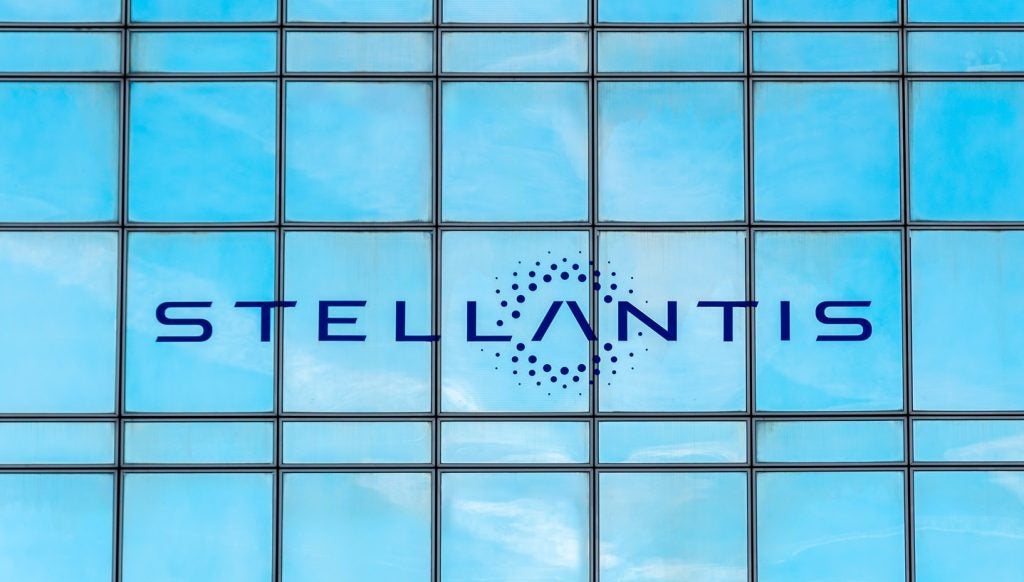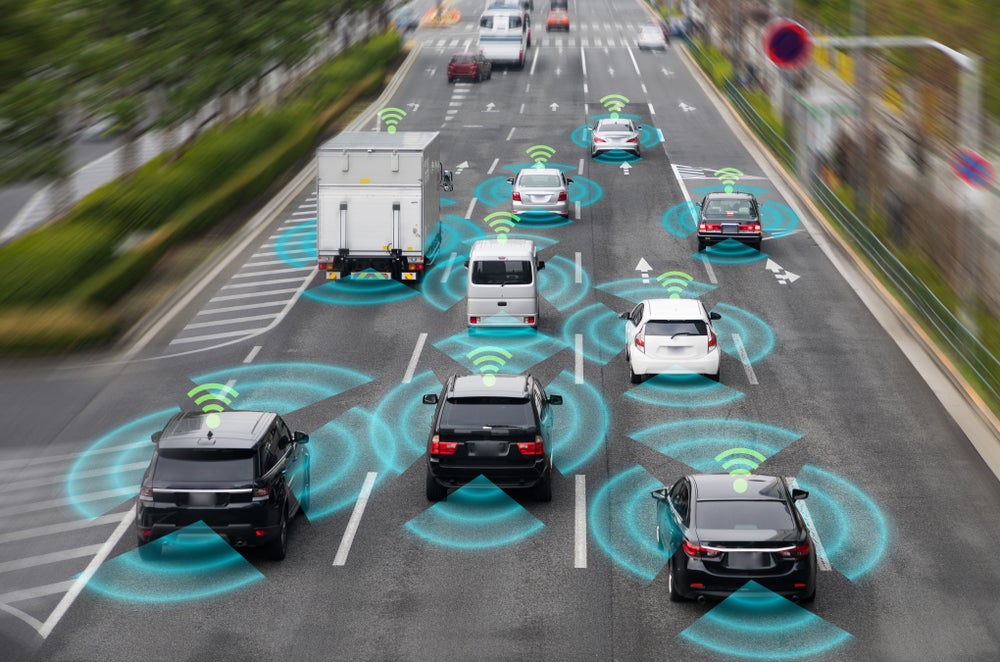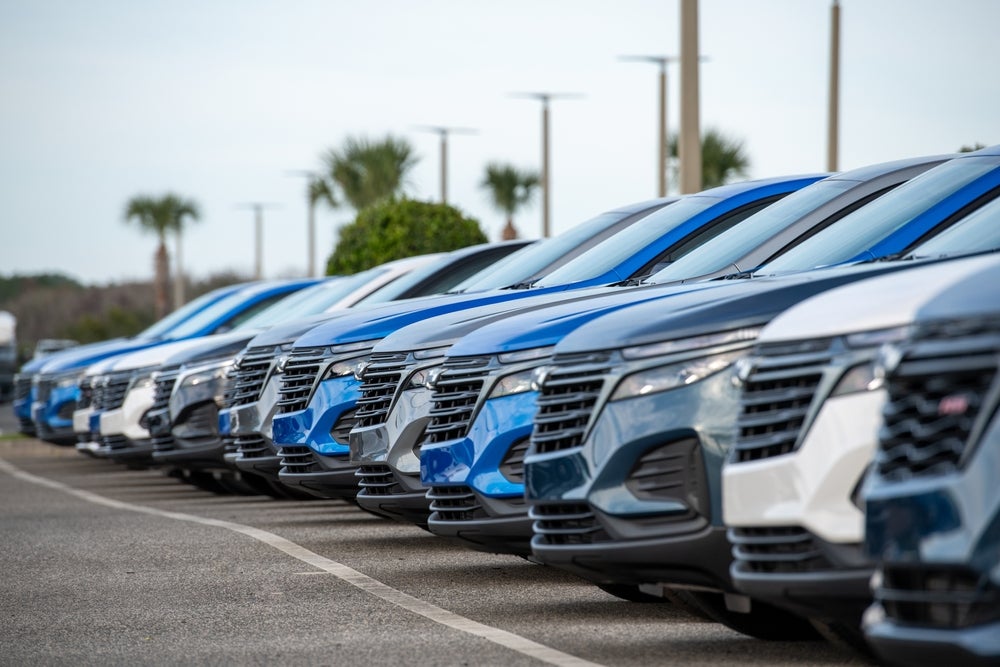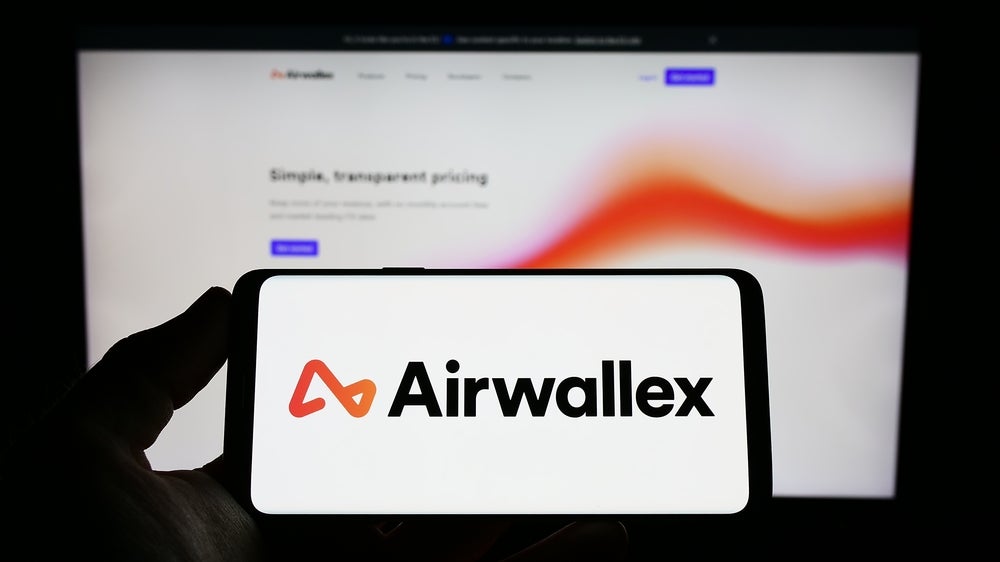
US and European automotive associations are to call for a comprehensive automotive trade deal at the 8th round of Transatlantic Trade and Investment Partnership (TTIP) negotiations this week.
These negotiations are being held between the European Commission, on behalf of the EU, and the US Trade Representative with the aim of removing trade barriers, such as tariffs, certain regulations and so on, in order to make it easier to buy and sell goods and services between the US and the EU.
At these negotiations, the European Automobile Manufacturers’ Association (ACEA), the American Automotive Policy Council (AAPC) and the Alliance of Automobile Manufacturers (Auto Alliance) plan to ask for the elimination of tariffs and non-tariff barriers. They believe this could be achieved through regulatory convergence.
The associations share this vision, believing that the deal can increase trade volumes, lower production costs, create more and better jobs, and improve industrial competitiveness.
"We believe this can happen without lowering the high safety and environmental standards we have in both the US and the EU," said the industrial bodies.
Auto trade already represents 10% of total EU?US trade, according to the bodies.
How well do you really know your competitors?
Access the most comprehensive Company Profiles on the market, powered by GlobalData. Save hours of research. Gain competitive edge.

Thank you!
Your download email will arrive shortly
Not ready to buy yet? Download a free sample
We are confident about the unique quality of our Company Profiles. However, we want you to make the most beneficial decision for your business, so we offer a free sample that you can download by submitting the below form
By GlobalDataACEA secretary general Erik Jonnaert, added: "Manufacturers currently face unnecessary redesign and redevelopment costs to produce cars for export to the US in order to meet safety standards which differ to those in the EU.
"This does not add additional safety protection. Where EU and US standards are, in their outcomes, effectively equivalent, we should be able to agree on mutual recognition. For future regulations, we should aim for harmonisation and encourage regulators to work more closely together to find common solutions."
According to the European Commission’s (EC) website, it is currently believed that vehicles are ones of three areas where there is particular scope for regulatory convergence. The other two areas are medical devices and pharmaceuticals.
The first round of TTIP negotiations took place in July 2014, and the EC’s website said the aim was to get an agreement "within a couple of years."







